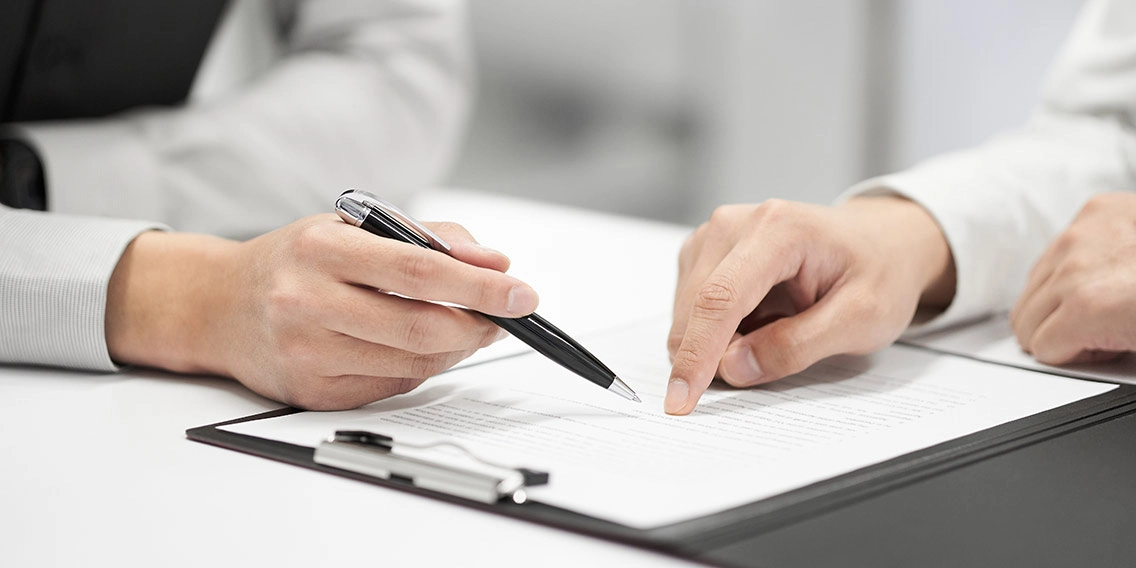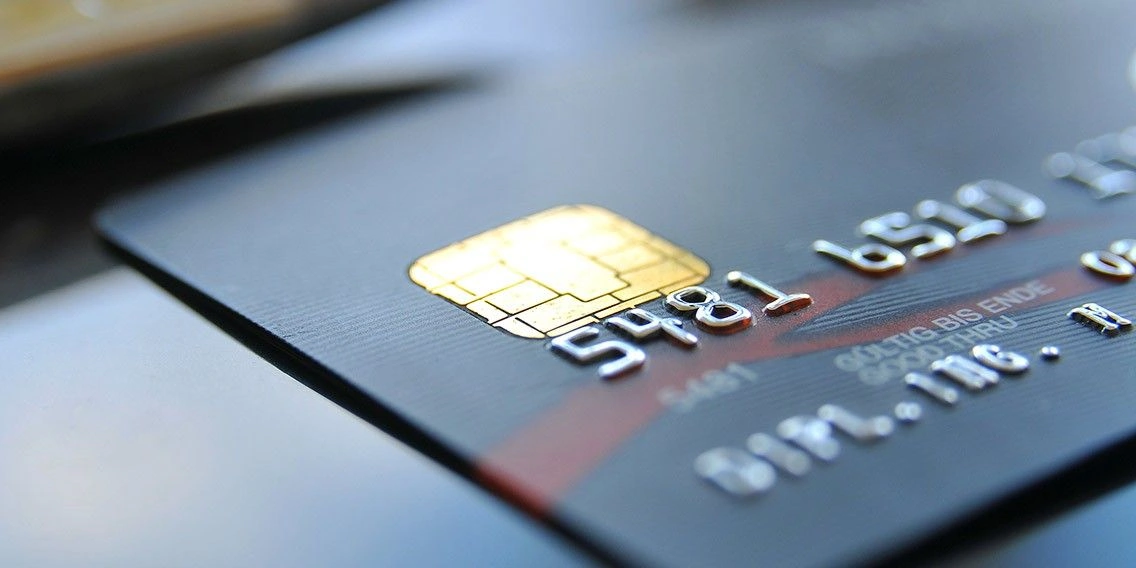FINANCE
Secured vs. Unsecured Loans: Understanding the Difference
EXPECTED READ TIME:7 MINUTES
If you're like millions of Americans, you'll have to borrow money from a lender at some point in your life to finance a home, buy a car, consolidate debt, or purchase a big-ticket item.
Before you sign your name on that application, it's a good idea to understand the differences between secured and unsecured loans.
Then, you can determine which type of loan makes the most sense for your financial situation.
What We'll Cover
What is a Secured Loan?
A secured loan requires collateral. The collateral serves as your guarantee to repay the loan, with interest, in an agreed-upon amount of time.
Although most any asset of value can be used as collateral, lenders prefer tangible property that's easy to collect and convert into cash. Often, the loan is secured by the asset being financed like a home or automobile.
Other examples of collateral include:
- Real estate such as buildings and land
- Machinery, equipment, and vehicles
- Checking and savings accounts, investments, and life insurance policies
- Collectibles, coins, and precious metals
Examples of Secured Loans
Secured loans come in many shapes and sizes, and they're typically used to pay for large purchases or expenses. Available from credit unions, banks, online lenders, and other sources, common secured loans include the following.
Mortgages
Mortgages are long-term loans used to finance a home or other form of real estate. Typically, you repay the loan over a period of 15 to 30 years in monthly payments that include interest charges and a portion of the loan principal (the amount of money borrowed). The property itself serves as collateral for the loan.
Home Equity Loans
Also known as a second mortgage, a home equity loan allows you to borrow money against the equity you have in your house (the difference between the home's current market value and the balance remaining on the mortgage). You receive the loan in a lump sum and pay it off in regular installments.
Home Equity Lines of Credit (HELOC)
A HELOC also enables you to secure cash using the equity in your home. But unlike a home equity loan, you can draw money from the HELOC, as needed, over a specified length of time rather than in a single disbursement. Plus, you only pay interest on the amount you use instead of the entire loan.
Auto Loans
Auto loans are used to purchase a vehicle and are guaranteed by the vehicle being financed. The lender holds the title to the automobile until the loan is repaid in full.
Secured Personal Loans
A secured personal loan is money you borrow from a lender and pay back in fixed monthly payments over time — typically up to five years. Cash assets like savings accounts or certificates as well as physical assets like cars, homes, and boats are commonly used as collateral.
Secured Credit Cards
Secured credit cards are lines of credit that require you to pay a cash deposit before the card is issued. The deposit, which generally amounts to $200-$300, protects the card issuer if you don't pay your bill.
Advantages and Disadvantages of Secured Loans
If you repeatedly miss payments or stop making them altogether — otherwise known as defaulting on your loan — the lender can take and sell your collateral to help recoup some or all the money they're owed. In extreme cases, that means you could lose your car or home.
Another drawback is interest. Rates vary depending on the type, length, and amount of the loan as well as other factors like your credit history, the creditor's lending policies, and the general health of the economy. Stretching out a secured loan over a longer period will lower your monthly payments, but you'll pay more in interest over time.
Regardless of the type of secured loan you choose, there are some important advantages and disadvantages to consider.
| Pros | Cons |
|---|---|
| Higher borrowing limits | Requires collateral (property, assets, cash) |
| Lower fixed interest rates than unsecured loans | Could lose collateral in event of loan default |
| Potential tax savings (mortgages, HELOCs) | Takes longer for approval (collateral must be verified) |
What is an Unsecured Loan?
An unsecured loan is a loan that does not require collateral. Instead, you qualify based on your creditworthiness and your personal pledge to repay the debt.
Examples of Unsecured Loans
Unsecured loans are available from a wide range of financial institutions and lenders, and they're popular for smaller purchases or short-term infusions of cash. Common unsecured loans include the following.
Unsecured Credit Cards
Unsecured credit cards are a form of revolving credit that allows you to spend up to a certain limit on the account. You can either pay off the balance each month or pay a minimum amount and carry the remaining balance to the next month.
Unsecured Personal Loans
An unsecured personal loan allows you to borrow a lump sum from a lender without collateral and pay it back in monthly payments over time.
Student Loans
A student loan is money you borrow from the federal government or a private lender to help pay for post-secondary education costs like tuition and fees, living expenses, books, and supplies. Any funds you use from the loan must be reimbursed, plus interest, in regular payments that can begin immediately or deferred until a later date.
Personal Lines of Credit
With a personal line of credit, a lender approves you for a certain amount that you can tap into and pay back as needed over time rather than taking the full amount at once. You're only charged interest on the portion of the loan you use, and the line of credit becomes available again as you pay down the balance.
Advantages and Disadvantages of Unsecured Loans
The biggest advantage of an unsecured loan is that you don't have to put up collateral. So if you default on the loan, the lender can't take any of your assets.
Of course, this "freedom" comes with a price. Unsecured loans usually have higher interest rates than secured loans, and the amount you can borrow is limited by your credit history and income.
When considering an unsecured loan, keep these advantages and disadvantages in mind:
| Pros | Cons |
|---|---|
| Doesn't require collateral | Higher interest rates |
| Faster loan approvals | Lower borrowing limits |
| Money can be used for nearly anything | Shorter repayment periods |
How Do Secured and Unsecured Loans Affect Your Credit?
Despite their differences, secured and unsecured loans can impact your credit in much the same way.
Once you're approved and begin using the money you borrow, the lender will report your payment history, loan limits, and balance to one or more of the three major credit bureaus: Experian, TransUnion, and Equifax. The information these agencies collect will play a huge role in determining whether you qualify for future loans.
If you make payments on time both types of loans help to build your credit and boost your credit rating. This, in turn, will improve your chances of qualifying for loans and lower interest rates in the future.
On the other hand, if you're consistently late making payments or you default completely on your loan, both secured and unsecured forms of debt will lower your credit score. Lenders will be less willing to let you borrow money moving forward, and those who do will likely charge higher interest rates.
Which Type of Loan is Right for You?
Choosing between a secured or unsecured loan ultimately depends upon the amount of money you need, how soon you need it, and what you're trying to do with it.
If, for instance, you're looking to pay for a wedding, buy furniture or appliances, or consolidate debt, an unsecured loan is probably the way to go. Not having to put down collateral, being able to get the cash quickly, and having flexibility in how you can use the money will likely offset the higher interest rates.
For larger purchases like a home, car, or boat, a secured loan is probably your only option. You could fund a home renovation project with an unsecured loan, but the money you'd save in interest charges makes a home equity loan or HELOC a better alternative.
If you're trying to build (or rebuild) your credit score and improve your chances of being approved for larger loans in the future, a secured loan may be your best (or only) choice. Younger individuals with no credit and those who've struggled with their credit in the past often find secured credit cards and other lower-risk loans helpful.
A Final Piece of Advice
The most important thing to remember about any loan is that it's a form of debt, so the decisions you make today can impact your financial well-being for weeks, months, and years to come.
Bottom line: Do your research, weigh your options, and borrow wisely. If you do these things and repay your loans on time, you can satisfy a need or want now while building your credit for the future.
Find Out if a Personal Loan Could Help You
See the types of personal loans we offer along with their features and benefits.
Find Out if a Personal Loan Could Help You
See the types of personal loans we offer along with their features and benefits.




